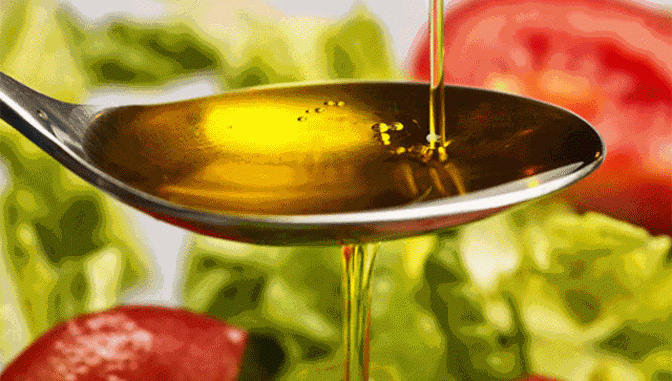
By Sutanuka Ghosal
Despite steady improvement in oilseeds production, India has to go long way as import dependence for edible oils remain high, feels ICRABSE -1.25 %.
In a report, ICRA said that over the years, the agriculture sector in India has made considerable progress in increasing the yields and hence production, particularly in respect of food crops such as wheat and rice. However, in case of oilseeds, the performance has not been equally creditable.
According to ICRA, India occupies a prominent position in the world oilseeds industry with contribution of around 10% in worldwide production. But the demand of edible oils (extracted from oilseeds in addition to palm oil) is significantly higher than the domestic production, leading to dependence on imports (60% of requirement). In FY2016 India’s total edible oil demand stood at 24 mn tonnes out of which 9 mn tonnes was met from domestic production and 15 mn tonnes met from imports. The latter valued at around Rs. 65,000 crore, constituted around 2.5% of India’s total import bill.
Says Sachin Sachdeva, Associate Head & AVP – Corporate Ratings, ICRA, “Over the last ten years, the oilseeds production in the country has increased to around 34 mn tonnes in FY2017 from 24 mn tonnes in FY2007. Considering the importance of oilseeds, and the high level of imports, various oilseeds development schemes have been funded by the government to encourage cultivation of oilseeds and and palm. There has been some progress in increasing the area under cultivation and improving yields, but the growth has been slow. Average yield of various oilseeds crops in India, though improved, is lower than world average and significantly lower than other major oilseeds producing nations.” As area under oilseeds has been almost stagnant during the last decade, there is little scope for extension of area given the competing demands. Thus yield rates need to be stepped up significantly in order to increase the production of oilseeds.
The government is currently running ‘National Mission on Oilseeds and Oil Palm (NMOOP)’ to encourage the adoption of newly released varieties and improved agro-techniques in oilseed crops. The mission targets increasing production of oilseeds to 42 mn tonnes by FY2022 from estimated 34 mn tonnes in FY2017. ICRA estimates that this can help lower the proportion of imports in total edible oil consumption in the country to around 55% in FY2022 from around 60% in FY2017, translating into saving of around Rs. 6,500 crore of foreign exchange.
The key constraints limiting the growth in production of oilseeds include lack of suitable varieties, high-costs of cultivation, lack of timely availability of inputs, and low & fluctuating prices. As the majority of the area under oilseeds cultivation is still rain fed (around 75%), there is significant impact of vagaries of monsoon on the overall productivity of oilseeds crops.
Mr. Sachdeva concludes: “The key to improve oil seeds production lies in ensuring the availability of quality seeds, bridging the awareness gap in farmers regarding better techniques, developing supportive infrastructure facilities and ensuring an efficiently managed market for better price recovery. New location-specific high yielding varieties should be developed. Investment in oil seeds research and development is a key element and should be stepped up. Dissemination of technology is equally important and needs to be strengthened through effective agricultural extension system”.
Source: Economic Times

Leave a Reply